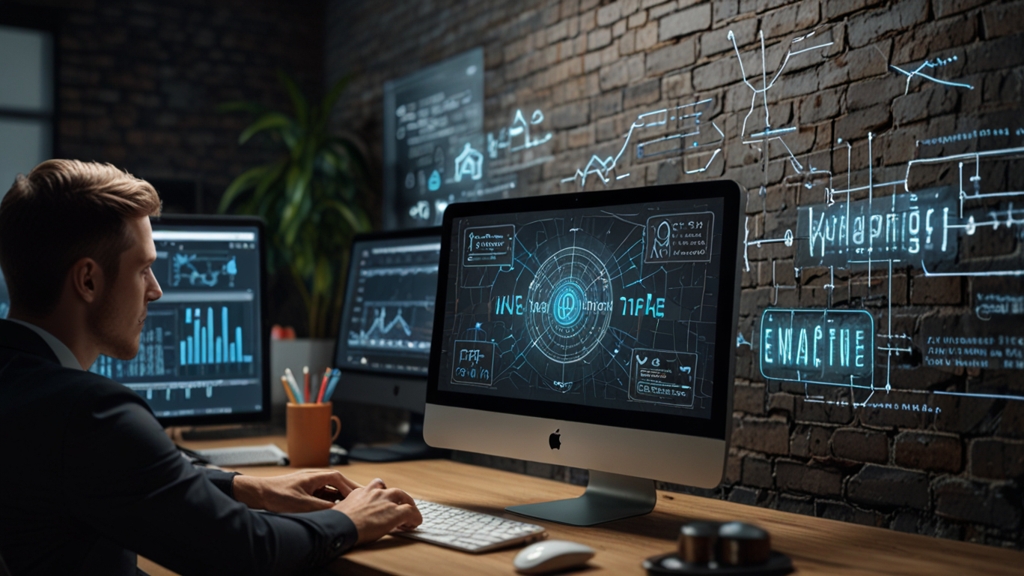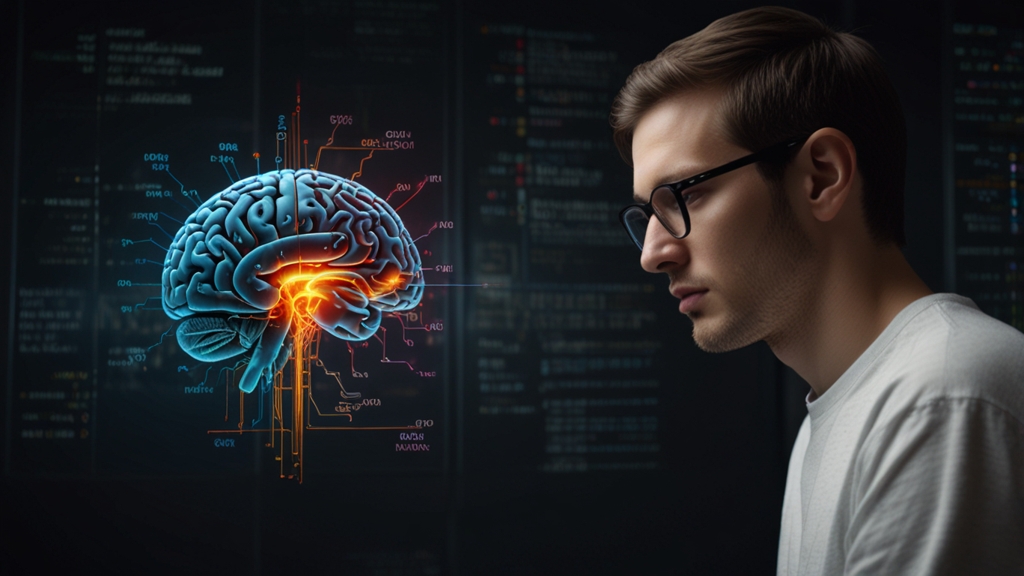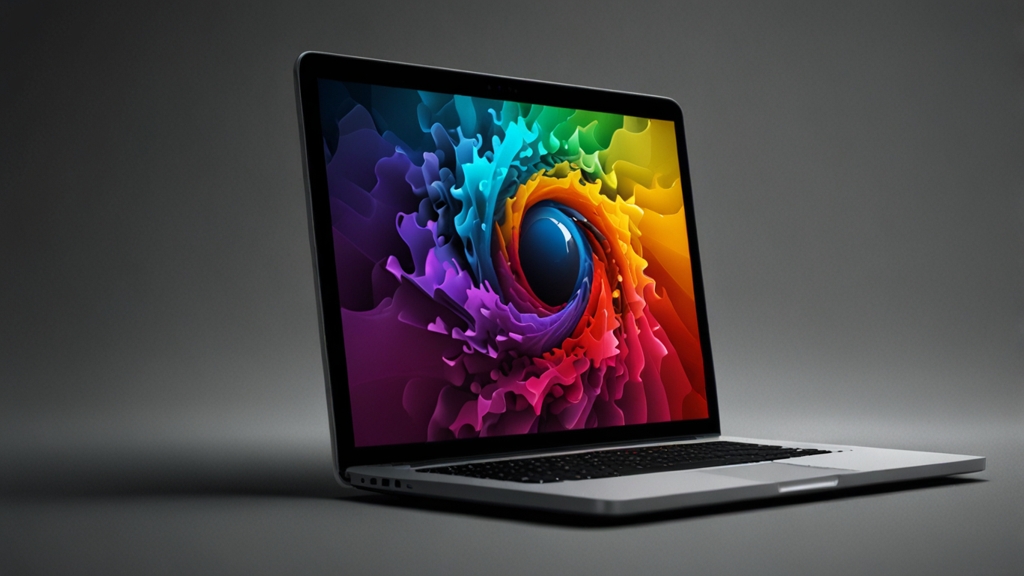The Ethics of Artificial Intelligence: Who Holds the Power?
As artificial intelligence (AI) continues to permeate various aspects of our lives, from healthcare to finance, and from entertainment to personal assistants, the question of who holds the power in this transformative technology becomes crucial. Ethical considerations in AI are not just about the technology itself, but also about the stakeholders involved - developers, companies, governments, and society at large.
The Role of Developers
Developers are the architects of AI systems. With their skills and expertise, they determine the functionalities, capabilities, and limitations of these systems. Ethical responsibility lies heavily on their shoulders because the algorithms they design can impact millions of lives. Bias in AI is a well-documented issue that often stems from biased training data or flawed algorithm design. Developers must ensure that their creations are fair, transparent, and robust.
"The first and most crucial step in mitigating bias in AI is acknowledging its existence and understanding its sources. Developers must not only scrutinize the data but also their own preconceptions."
Nevertheless, developers often work within constraints set by their employers, be it time, budget, or strategic goals. While they can push for ethical considerations, their ability to make autonomous ethical decisions may be limited. This brings us to the next group of stakeholders - companies and organizations.
Corporate Responsibility
Corporations hold significant power in the AI landscape. They provide the resources for development and direct the goals of AI projects. In many cases, their primary objective is to maximize profit, which can sometimes conflict with ethical considerations. However, ethical lapses can lead to public backlash, regulatory scrutiny, and long-term brand damage. Hence, companies are increasingly acknowledging the importance of ethical AI.
Some corporations have established AI ethics boards or committees to oversee responsible AI practices. However, the effectiveness of these boards can vary based on their independence and the authority granted to them. Self-regulation can only go so far, and external oversight becomes vital.
The Role of Governments
Governmental agencies play a crucial role in regulating AI technologies. They have the authority to establish laws and guidelines that govern the use, development, and deployment of AI. Regulatory frameworks can enforce ethical standards, ensuring that companies adhere to principles of fairness, accountability, and transparency. Policy-making in AI is still evolving, with many countries working to catch up with the rapid advancements in technology.
Public and private sector collaboration is essential for developing effective AI regulations. Governments can benefit from the technical expertise of corporations and developers, while companies can gain insights into societal needs and concerns through public consultations. Ultimately, the goal is to create a balanced regulatory environment that fosters innovation while protecting citizens' rights.
Society's Role
The general public also holds power, albeit indirectly. Consumer choices can incentivize ethical AI practices. Public awareness and education about AI's implications can drive demand for more responsible AI systems. Advocacy groups and non-profits work to amplify public concerns, lobbying for stronger regulations and ethical guidelines.
"Society's active participation in the discourse on AI ethics is paramount. Silence equates to consent, and without public input, the ethical landscape of AI will be shaped by those with vested interests."
Conclusion
The ethics of artificial intelligence is a multifaceted issue that involves various stakeholders. Developers, corporations, governments, and society each hold different forms of power in shaping the ethical landscape of AI. Transparent collaboration and stringent oversight are essential to ensure that AI technology evolves in a manner that is fair, accountable, and beneficial to all.
"Ethical AI is not just the responsibility of any one group; it is a collective endeavor. The power to shape AI responsibly lies in the hands of us all."













